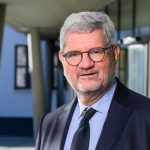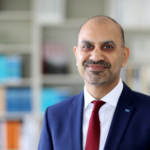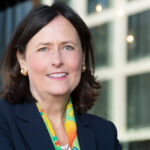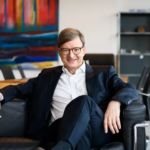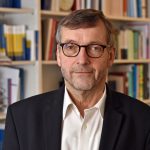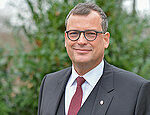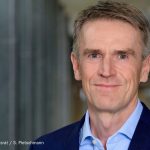Members of the Alliance
The following ten organisations constitute the members of the Alliance.

The Alexander von Humboldt Foundation promotes collaborative research ventures involving excellent foreign and German researchers. By awarding research fellowships and prizes to outstanding researchers, irrespective of discipline and nationality, the Alexander von Humboldt Foundation strengthens Germany as a hub of science and scholarship through international research networking.
With the Foundation’s support, excellent researchers from Germany can also carry out research projects abroad as guests of one of more than 30,000 Humboldtians in over 140 countries worldwide – the Humboldt Foundation’s alumni. Alumni receive lifelong support through the Foundation network.
In this way, the Alexander von Humboldt Foundation promotes international cultural dialogue and academic exchange as an intermediary organisation of German foreign cultural and educational policy.
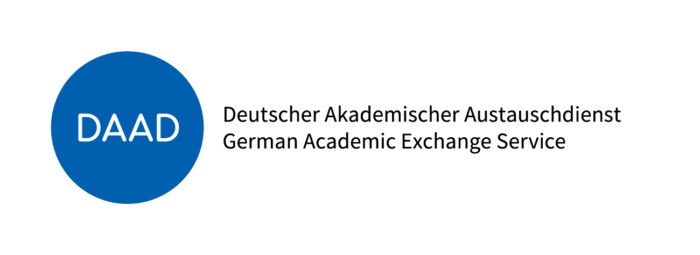
As the association of German universities and their student bodies, the German Academic Exchange Service (DAAD) is the world’s largest organisation for the promotion of international academic exchange. The DAAD supports some 150,000 German and foreign students, researchers and teachers each year with individual scholarships and structure-building projects. Through its international network of almost 70 offices around the world, more than 470 lectureships and numerous transnational educational projects at universities abroad, the DAAD maintains a presence in the research systems of more than 100 countries, enabling it to draw on unique expertise in global science. On this basis, the DAAD advises policymakers and science on the full range of foreign science policy issues and is involved in the science diplomacy of the Federal Republic of Germany. As the Erasmus+ National Agency “Higher Education”, the DAAD also has a vital role to play in shaping higher education in Europe.

The German Research Foundation (Deutsche Forschungsgemeinschaft, DFG) is Germany’s largest research funding organisation and the country’s central self-governing body for research. It serves science and the humanities, providing funding for research in all its forms and disciplines.
The DFG promotes academic excellence and quality by selecting the best projects in competition. In doing so, it also pays particular attention to promoting international cooperation, early-career researchers, gender equality and diversity in research. The DFG also maintains dialogue with society, policymakers and business and supports the transfer of knowledge. It advises state institutions and institutions working in the public interest on issues relating to academic research and research policy.
In organisational terms, the DFG is an association under private law that exclusively and directly pursues public-benefit aims within the meaning of the German Fiscal Code (Abgabenordnung). Its members are German higher education institutions, non-university research institutions, scholarly associations and the academies of sciences and humanities. In order to perform its tasks, the DFG has an amount of some €3.5 billion at its disposal per year, most of which it receives from the federal government (69 percent) and the German federal states (30 percent), as well as from EU funds and private donations.

The Fraunhofer Society, based in Germany, is the world’s leading organisation for applied research. With its focus on key future-relevant technologies and the utilisation of the results in business and industry, it plays a central role in the innovation process. Acting as a guide and stimulus for innovative developments and scientific excellence, it helps shape our society and our future. Founded in 1949, the organisation currently operates 76 institutes and research facilities in Germany. The annual research volume of €2.9 billion is generated by more than 30,000 employees, most of them trained in the natural sciences or engineering. €2.5 billion of this amount is accounted for by contract research.

The Helmholtz Association is Germany’s largest research organisation and is dedicated to developing solutions and technologies for the world of tomorrow. In doing so, we ask ourselves central questions: what helps in the fight against life-threatening diseases? How can climate change be slowed down? How will the next quantum revolution change our lives? Cutting-edge research is needed to tackle challenges of this nature. Helmholtz has more than 43,000 employees working at 18 centres on exceptional projects. Together we seek to develop innovative technologies so as to preserve the foundations of human life. With an annual budget of €5 billion and dedicated to long-term, interdisciplinary research programmes, Helmholtz is one of the leading research organisations internationally, too. We collaborate with the very best scientific institutions worldwide.

The German Rectors’ Conference (HRK) is a voluntary association of state and state-recognised higher education institutions in Germany. The member universities are represented in the HRK by their presidencies and rectorates. The HRK currently has 268 member universities, at which more than 92 percent of all students in Germany are enrolled.
Due to this powerful membership covering all types of higher education institution, the HRK is the voice of the higher education institutions vis-à-vis policymakers and the public, providing a central forum for the joint opinion-forming process among higher education institutions and for the representation of their interests.
The HRK is involved with all issues that affect the role and tasks of higher education institutions in academia and society, in particular teaching and studies, research, innovation and transfer, continuing academic education and internationalisation, as well as issues of higher education self-administration and governance.
It provides policymakers, the media, academia and business with comprehensive and up-to-date information about the higher education system – in particular the degree programmes offered through the Higher Education Compass and university research priorities through the Research Map – and it helps with university placements through the Studienplatzbörse.
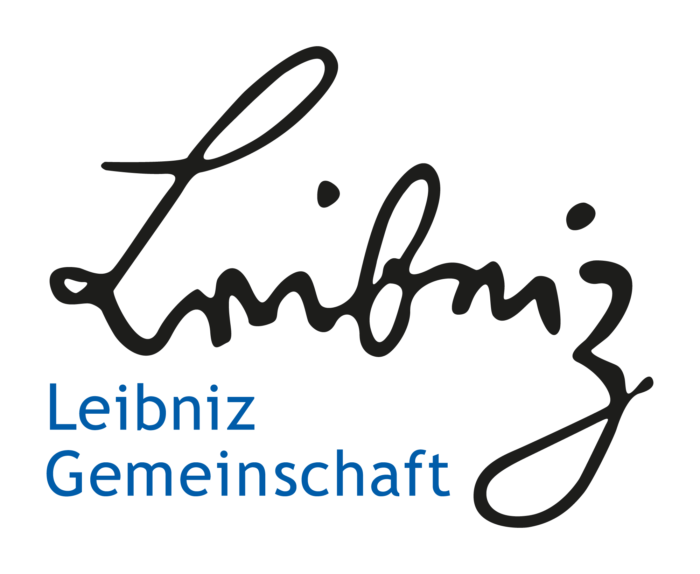
The Leibniz Association connects 97 independent research institutions that range in focus from natural, engineering and environmental sciences to economics, spatial and social sciences and the humanities.
Leibniz Institutes address issues of social, economic and ecological relevance. They conduct knowledge-driven and applied basic research, maintain scientific infrastructure and provide research-based services. The Leibniz Association identifies focus areas for knowledge transfer, especially in collaboration with the Leibniz Research Museums. It advises and informs policymakers, academia, business and the public.
Leibniz institutions collaborate closely with universities in the form of “Leibniz ScienceCampi” (thematic partnerships between university and non-university research institutes), as well as with industry and other partners at home and abroad. The Leibniz Institutes are subject to a transparent and independent evaluation procedure. Due to the importance of the institutions for the country as a whole, they are funded jointly by the German federal government and the federal states, employing some 20,500 individuals, including 11,500 researchers. The total budget is approximately €2 billion.
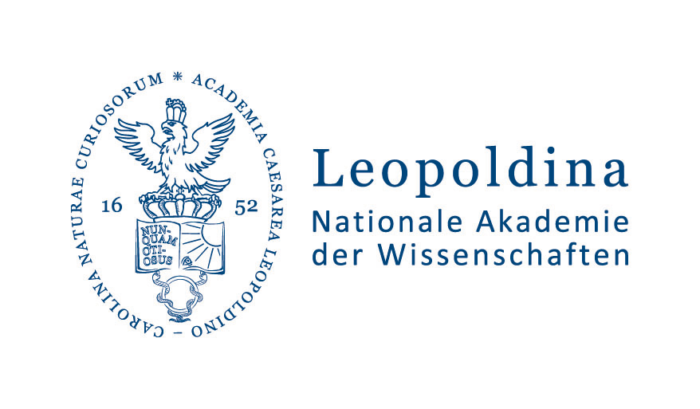
As the National Academy of Sciences, the Leopoldina provides independent science-based advice for policymakers and society on current issues. To this end, the Academy develops interdisciplinary statements based on research findings. These publications present options for action; decisions are then made through the democratically legitimised political process. The experts who write the statements work on a voluntary basis without prejudgement of outcomes. The Leopoldina represents German science on international bodies, also providing science-based advice to the annual G7 and G20 summits. With over 1,600 members from more than 30 countries, it combines expertise from almost all fields of research. The Leopoldina was founded in 1652 and became Germany’s National Academy of Sciences in 2008. As an independent science academy, the Leopoldina is committed to the common good.
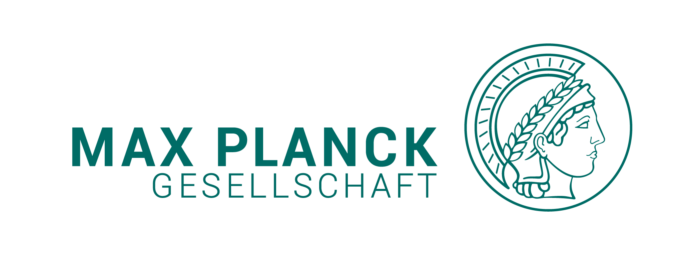
The Max Planck Society conducts basic research in the natural sciences, life sciences and humanities. Since its foundation in 1948, twenty-one Nobel laureates have emerged from its ranks. More than 15,000 publications in scientific journals every year – many of them in renowned journals such as Science and Nature – likewise testify to the outstanding work done at the Max Planck Institutes. In important rankings such as the Nature Index and the Index of Highly Cited Researchers, Max Planck has been among the top five worldwide for years. With its 86 Max Planck Institutes and facilities and some 24,000 employees, the Max Planck Society is the international flagship for German science. In addition to five foreign institutions, it operates more than 22 Max Planck Centers with partners such as Princeton University in the USA, Sciences Po in Paris/France, University College London in the UK, and the University of Tokyo in Japan. Over 16,000 early-career researchers and visiting scientists conduct research at Max Planck Institutes every year. Funded in equal measure by federal and state governments, the Max Planck Society had an annual budget of €1.8 billion in 2020.
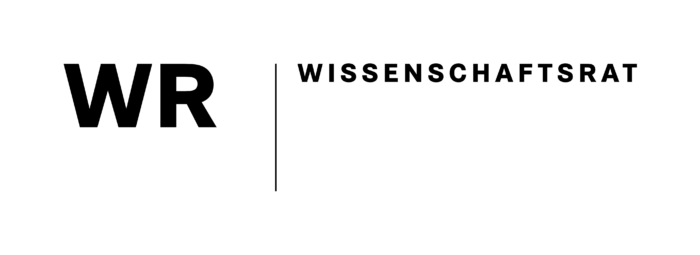
The German Council of Science and Humanities is an important scientific policy advisory body in which representatives of science and politics work together on an equal footing on central issues of the German science system. Acting in an advisory role to the federal and state governments, it is primarily concerned with the overall conditions of study, teaching and research in Germany. In doing so, it also seeks to ensure that Germany remains competitive within the international science system. In its statements and recommendations, the German Council of Science and Humanities comments on issues such as the structure, capabilities, development and funding of academic institutions and selected areas in research and teaching.
